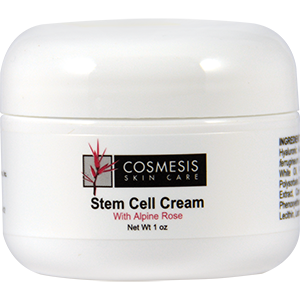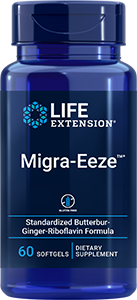- Science & Research
- Science News
- Newsletter
- 2012
- February 24

Newsletter
Newsletter
Resveratrol Improves Post Meal Glucose Levels In Pilot Study
Resveratrol improves post-meal glucose levels in pilot study
Friday, February 24, 2012. The results of a pilot study of resveratrol supplementation published online on January 4, 2012 in the Journal of Gerontology: Biological Sciences indicate a benefit for resveratrol supplementation in men and women with impaired glucose tolerance. Researchers at Albert Einstein College of Medicine in New York enrolled ten overweight or obese subjects aged 65 and older with elevated fasting and two hour glucose levels who were not using resveratrol or other antioxidant supplements within the three months prior to the study. Participants were randomized to 1.0, 1.5 or 2 grams resveratrol per day, to be consumed in divided doses for four weeks. Fasting and postmeal glucose, as well as insulin levels were measured before and at the end of the treatment period, and endothelial function was assessed during the meal test at the beginning and end of the study. While fasting glucose levels remained unchanged after four weeks, peak postmeal glucose levels decreased by an average of 19 milligrams per deciliter and three hour glucose levels also declined. Participants additionally experienced improved insulin sensitivity and a trend toward better postmeal endothelial function. The relatively high doses of resveratrol tested in the study were not associated with significant adverse events or changes in liver enzymes. In their discussion of the findings, authors Jill P. Crandall and colleagues note that animal and tissue studies of resveratrol have revealed reduced platelet aggregation via the inhibition of cyclooxygenase-1, as well as antioxidant properties. The authors note that the study "provides the first evidence in humans that resveratrol may possess clinically relevant effects on glucose metabolism and vascular function." "In this initial open-label pilot study of resveratrol treatment, we show evidence of improved meal tolerance and whole-body insulin sensitivity in adults with age-related glucose intolerance," they write. "Further, we observed a trend toward improved postmeal endothelial function. Together, these results suggest that resveratrol shows promise as a new therapeutic strategy for an important and highly prevalent age-related metabolic disorder." | ||||||||||||||||||||||||||||||||||||||||
 | ||||||||||||||||||||||||||||||||||||||||
| ||||||||||||||||||||||||||||||||||||||||
 | ||||||||||||||||||||||||||||||||||||||||
| ||||||||||||||||||||||||||||||||||||||||
| ||||||||||||||||||||||||||||||||||||||||
The latest news on aging, nutrition, and vitamins
Lab
Testing
How Life Extension lab testing works









